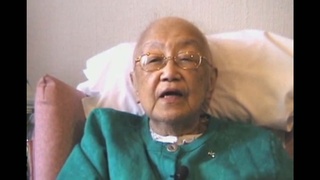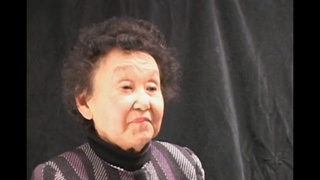Interviews
Learning from Nikkei (Japanese)
(Japanese) Well, in this country, both Canada and America included, I’m constantly wondering about my identity, and where it lies. But, you know, they [Nikkei people] are admirably contributing in this society, to this society, right? I think that’s such an amazing thing. It makes me think that it’s possible to do it, no matter where you are. Also, even in places like these, it’s surprising and refreshing to see that Japanese traditions—the ones that even we were beginning to forget—are still alive and well over here. These days I’m being amazed with these types of experiences all over the place. The strength that was given to me in the ‘70s was definitely about learning how to live my own life. Hearing about women—men, too, of course—making their own decisions, and living with resolve… in the end, being able to think, “Ah, life is wonderful.” I’ve learned a lot since then, though I haven’t quite arrived at such an epiphany yet…
Date: October 7, 2005
Location: California, US
Interviewer: Ann Kaneko
Contributed by: Watase Media Arts Center, Japanese American National Museum











